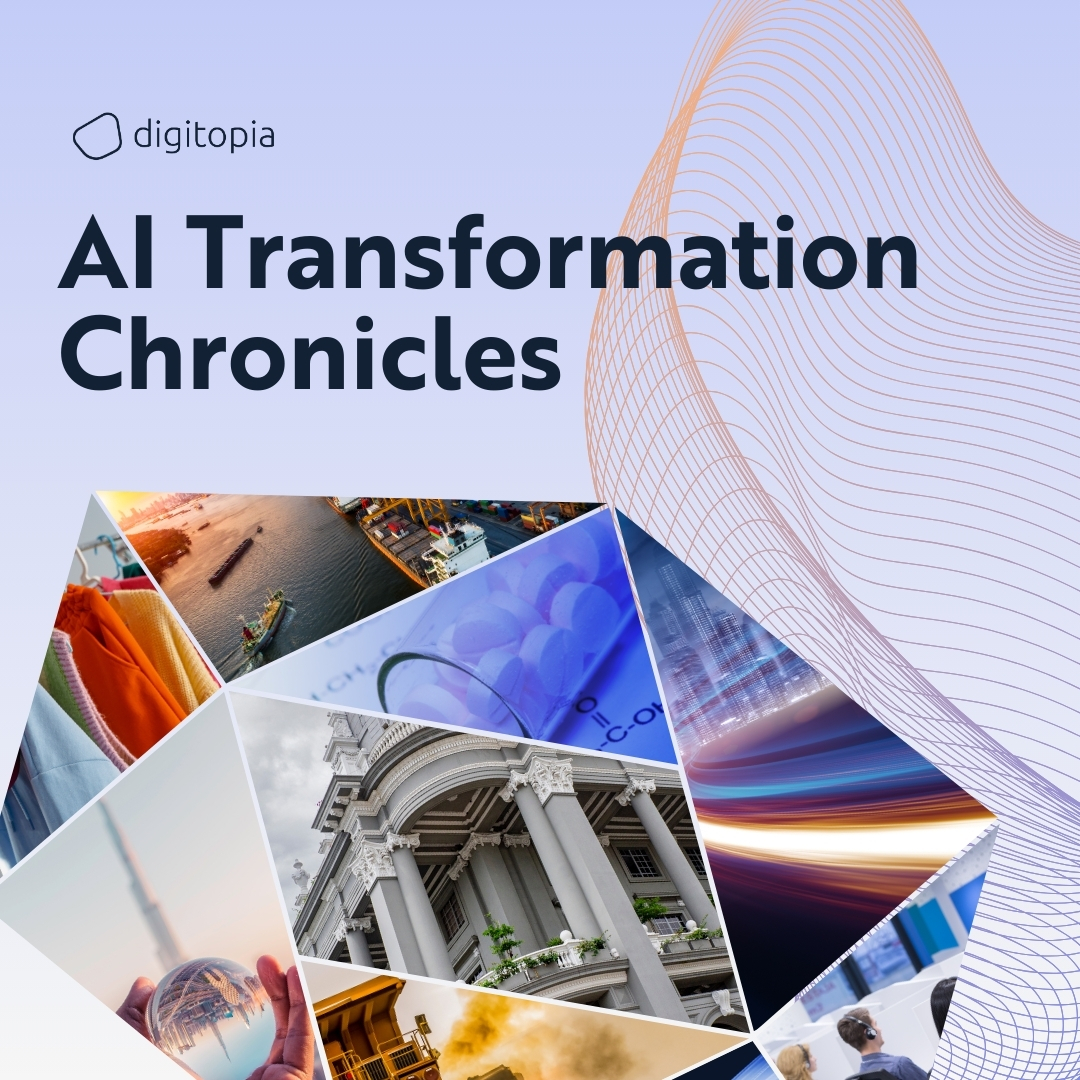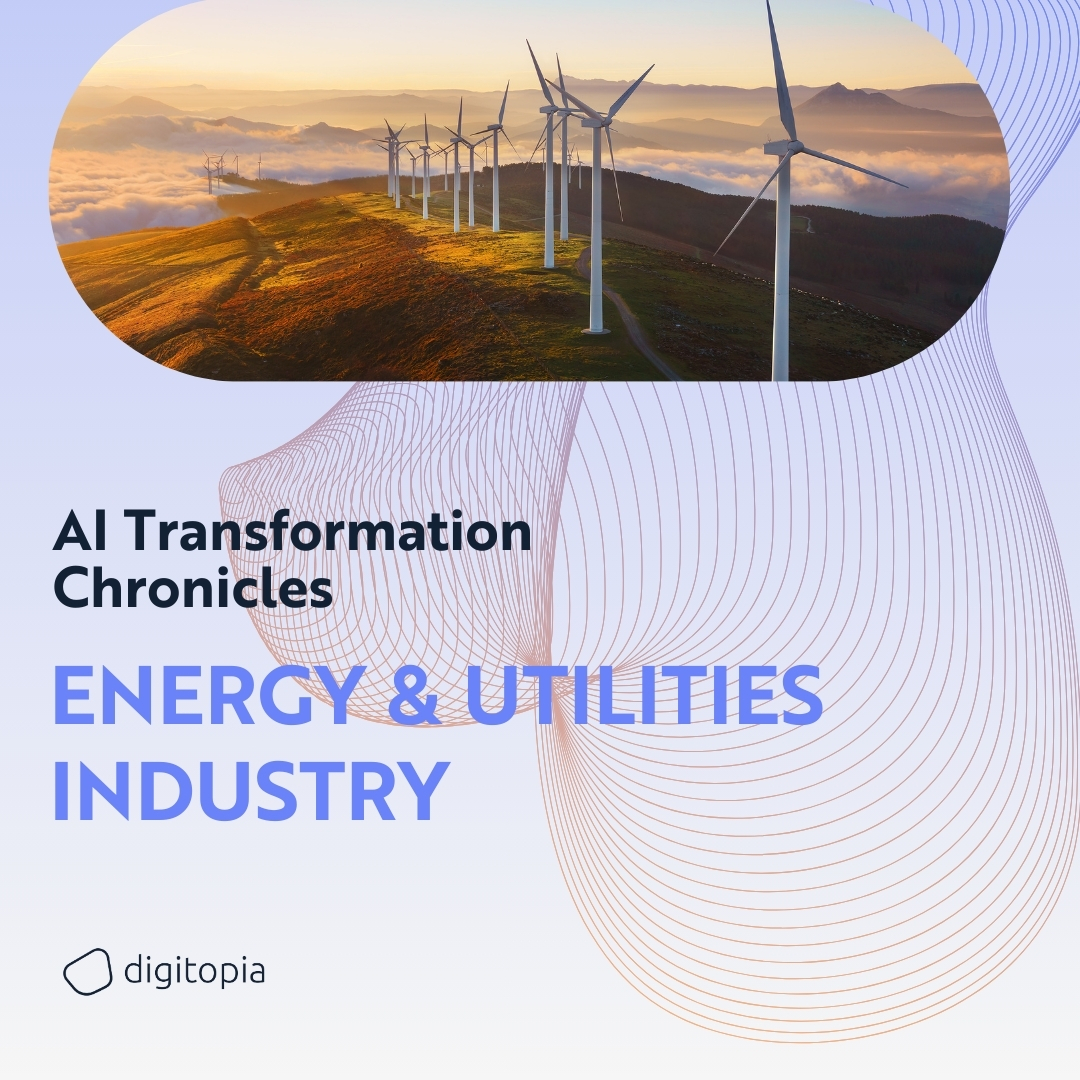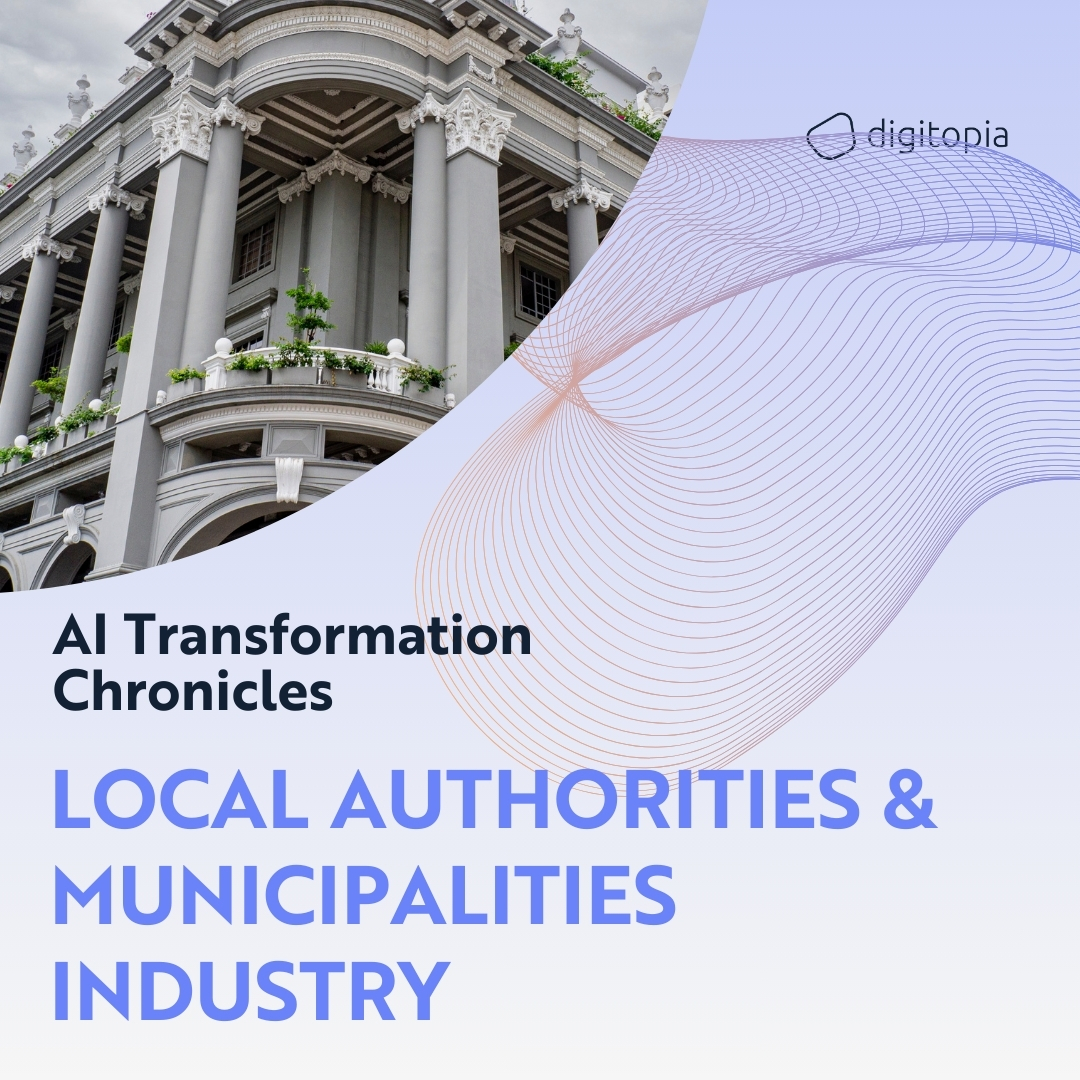
The telecom industry is undergoing a significant transformation driven by Artificial Intelligence (AI). From optimizing network operations and enhancing customer service to driving innovation and personalizing marketing strategies, AI is revolutionizing various aspects of telecommunications. Explore how AI in telecom is revolutionizing the industry, with powerful use cases that boost efficiency, enhance customer satisfaction, and sharpen competitive advantage.
The Promise of AI in the Telecom Industry
AI offers transformative potential for the telecom industry, enabling companies to optimize their operations, enhance customer experiences, and drive innovation. By integrating AI into various aspects of their business, telecom companies can manage their networks more efficiently, provide personalized customer service, and develop innovative products and services. Embracing AI is essential for telecom companies aiming to stay competitive in a rapidly evolving market and meet the ever-increasing demands of their customers.
Learn More: Top 10 Secrets to Succeeding with AI
Our comprehensive ebook provides actionable insights, real-world case studies, and proven strategies to help you integrate AI into your operations and drive growth.
Download Now
Key Use Cases in the Telecom Industry
AI is transforming the telecom industry by optimizing network operations, enhancing customer service, and driving innovation. From predictive maintenance and network optimization to personalized marketing and customer support, AI-driven solutions are revolutionizing how telecom companies operate and engage with customers. These advancements not only improve efficiency and performance but also provide a competitive edge in a rapidly evolving market. This section explores the most impactful AI use cases in the telecom industry, demonstrating how these technologies are reshaping the landscape and setting new standards for excellence.
Network Operations
- Predictive Maintenance: AI predicts potential network failures by analyzing data from network equipment, allowing proactive maintenance and reducing downtime.
- Network Optimization: AI-driven network optimization tools analyze traffic patterns and adjust network parameters in real-time to ensure optimal performance and reduce congestion.
- Fraud Detection: AI detects and prevents fraudulent activities by analyzing network traffic and identifying unusual patterns indicative of fraud.
Customer Service
- Chatbots and Virtual Assistants: AI-powered chatbots handle customer inquiries, provide real-time support, and resolve issues, enhancing customer satisfaction and reducing service costs.
- Customer Sentiment Analysis: AI analyzes customer feedback from various channels to gauge sentiment and identify areas for improvement, helping telecom companies enhance their services.
- Personalized Customer Support: AI-driven systems provide personalized support by analyzing customer data and predicting their needs, improving the overall customer experience.
Marketing and Sales
- Personalized Marketing Campaigns: AI analyzes customer data to create personalized marketing campaigns, targeting customers with relevant offers and promotions.
- Churn Prediction: AI predicts customer churn by analyzing behavior patterns and identifying at-risk customers, allowing proactive retention strategies.
- Dynamic Pricing: AI-driven dynamic pricing models adjust prices in real-time based on demand, competition, and customer behavior, optimizing sales and revenue.
Innovation and Product Development
- 5G Network Deployment: AI assists in the planning and deployment of 5G networks by analyzing data to identify optimal locations for infrastructure and predict network performance.
- Smart Home Integration: AI enables telecom companies to develop smart home solutions, integrating various devices and services to provide seamless and intelligent home automation.
- IoT Connectivity: AI optimizes IoT connectivity by managing the vast number of connected devices and ensuring reliable and efficient communication.
Powerful Success Stories in AI-Driven Telecom
The AI revolution in the telecom industry is already underway, with leading companies demonstrating the transformative power of artificial intelligence. These success stories illustrate the significant benefits of AI adoption, from enhanced network performance and customer satisfaction to innovative product offerings and competitive advantage.

AT&T – Predictive Maintenance
Challenge: AT&T needed to improve the reliability and performance of its network infrastructure, reducing downtime and maintenance costs.
Solution: AT&T implemented an AI-driven predictive maintenance system that analyzes data from network equipment to predict potential failures and schedule proactive maintenance.
Benefits: The AI-driven predictive maintenance system significantly reduced network downtime and maintenance costs for AT&T. The company improved network reliability and performance, enhancing customer satisfaction and reinforcing its position as a leader in telecommunications.

Vodafone – Personalized Customer Support
Challenge: Vodafone aimed to enhance its customer support by providing personalized and efficient service to its customers.
Solution: Vodafone implemented AI-driven customer support systems that analyze customer data to predict their needs and provide personalized support through AI-powered chatbots and virtual assistants.
Benefits: The AI-driven customer support systems significantly improved customer satisfaction and reduced service costs for Vodafone. Customers received timely and relevant support, enhancing their overall experience and loyalty to the brand.

Verizon – 5G Network Deployment
Challenge: Verizon needed to optimize the planning and deployment of its 5G network infrastructure to ensure optimal performance and coverage.
Solution: Verizon implemented AI-driven tools to analyze data and identify optimal locations for 5G infrastructure, predicting network performance and guiding deployment decisions.
Benefits: The AI-driven 5G network deployment tools significantly improved the efficiency and effectiveness of Verizon’s 5G rollout. The company achieved better coverage and performance, positioning itself as a leader in 5G technology and innovation.
Key Recommendations for Successful AI Transformation in the Telecom Industry
Achieving successful AI transformation in the telecom industry requires strategic planning, robust data infrastructure, and a commitment to continuous innovation. Telecom companies must invest in developing AI expertise, fostering collaborative leadership, and building strong ecosystem partnerships. By aligning AI initiatives with business goals and continuously measuring progress, telecom companies can ensure their AI projects deliver measurable value. These key recommendations provide a roadmap for telecom leaders to enhance operational efficiency, improve customer experiences, and drive innovation, ensuring long-term success in a competitive and dynamic market.
- Invest in Data Infrastructure: Develop a robust data infrastructure to collect, integrate, and analyze diverse datasets from various sources across the telecom value chain. Ensure data quality, security, and accessibility to drive effective AI implementation.
- Develop AI Expertise: Prioritize talent acquisition and development by investing in comprehensive training programs and forming partnerships with educational institutions. Foster a culture of continuous learning and innovation to build a skilled workforce capable of leveraging AI technologies.
- Foster Collaborative Leadership: Leadership teams must champion AI transformation by articulating a clear vision and strategy for AI adoption. Encourage collaboration across departments and functions to ensure alignment and drive AI initiatives forward.
- Leverage Ecosystem Partnerships: Build an ecosystem of partners, including technology providers, academic institutions, and industry consortia, to accelerate AI adoption and innovation. Collaborate with partners for knowledge sharing and access to advanced tools and platforms.
- Align AI Initiatives with Business Goals: Identify and prioritize AI projects that align with strategic business objectives and deliver measurable value. Focus on high-impact use cases that build momentum for broader AI adoption.
- Implement Continuous Measurement and Improvement: Use tools like Digitopia’s AI Maturity Index to continuously assess and benchmark AI capabilities. Regularly review progress, adjust strategies, and ensure AI initiatives deliver the expected value.
By embracing AI across network operations, customer service, marketing, and innovation, telecom companies can drive significant advancements, enhance efficiency, and improve customer satisfaction. These advancements will position telecom companies to lead in a dynamic and competitive market, ensuring long-term success and resilience.



















